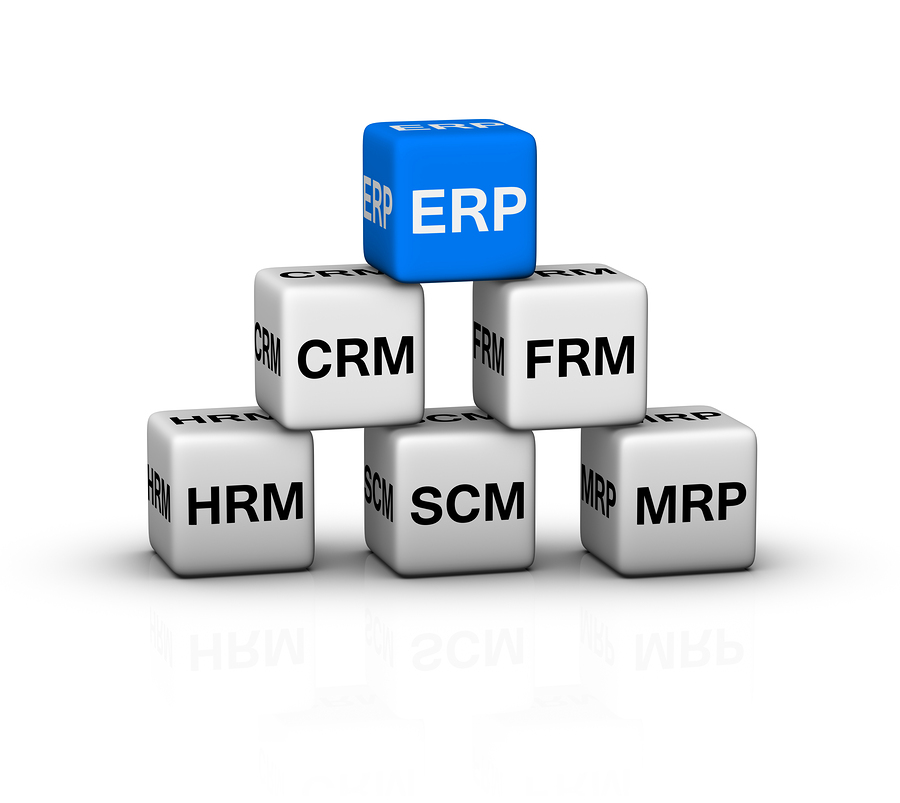
It’s a startling prediction, but one that bodes well for companies focused on achieving across-the-board efficiencies in their operations: PriceWaterhouseCoopers (PwC) predicts that the jump to investments in SaaS production tools will more than double by 2016.
That’s a $78 billion dollar market for cloud-based solutions. More dramatically, is the demise in “traditional ERP systems.” PwC forecasts a 30% decline to around $15 billion.
A Forbes’ technology contributor, Joe McKendrick, points to a survey showing that by 2020 almost 80 percent of small businesses in the U.S. are expected to be “fully adapted to cloud computing.”
According to the survey report by Emergent Research and Intuit Inc. that should double the “current 37 percent rate.” Notes McKendrick:
“Achieving growth without assuming some of the risks involved in scaling a business…has long been unrealistic and unthinkable…(Now), many small to medium-size businesses are doing just that, with the help of the built-in automation, economies of scale, and flexibility afforded by cloud.”
What are the forces behind this explosive growth in SaaS worldwide? Again, PwC points a number of factors, including:
—- “To support new business models, enterprises are integrating cloud-based and legacy ERP applications, creating Hybrid ERP systems that can scale to new customer demands.
—- “Hybrid ERP systems save up to six times the amount of capital invested cumulatively over traditional ERP systems
— “The more complex a manufacturer’s supply chain, distribution, selling and service channels become to support new business models, the more critical mobility is.”
Contact us to learn more about one of the premiere web-based business software platforms, NetSuite ERP: it offers real-time monitoring of all phases of a product and service cycles.




